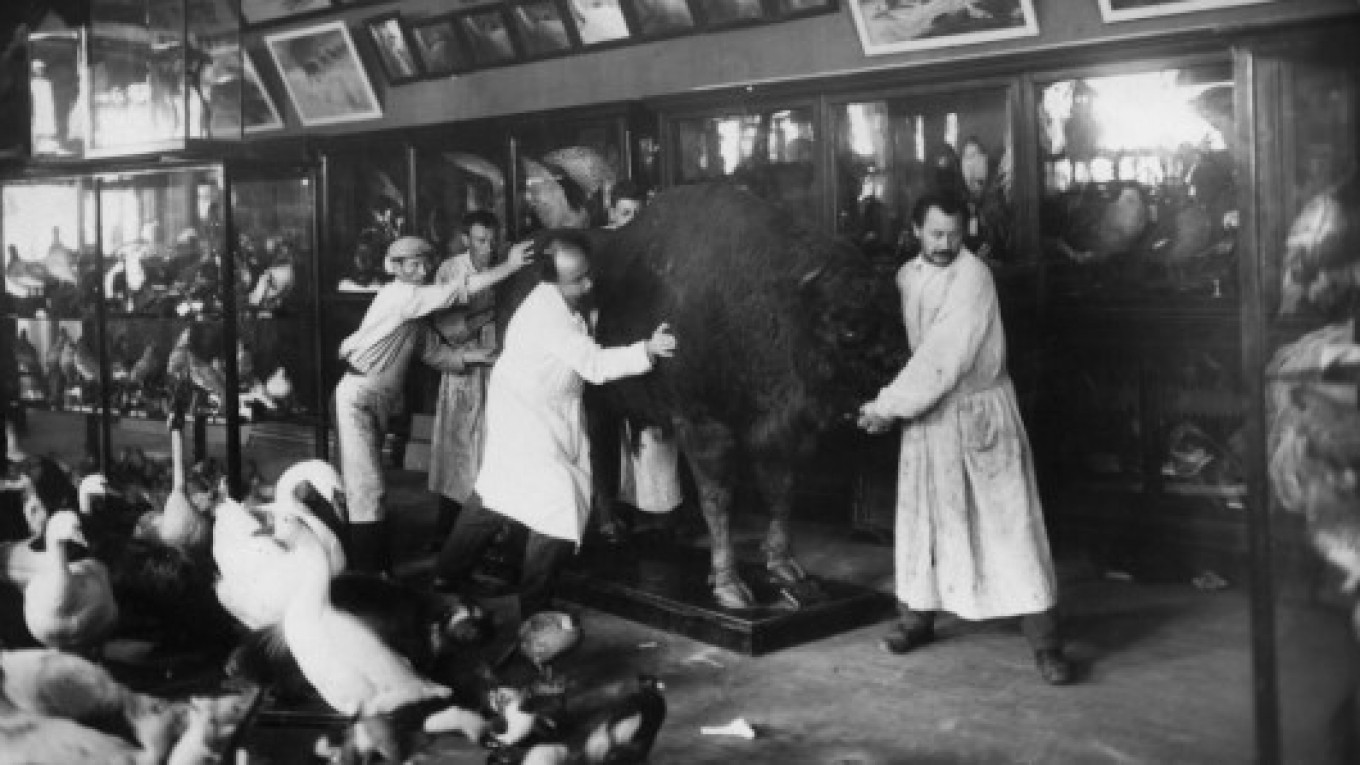Starting at 4 p.m. on Sat., April 25 until May 9 — Victory Day in Russia — the Russian Ministry of Culture and several other organizations are launching an online marathon to mark the 75 anniversary of the end of the war.
On the special site, you can find a tremendous amount of material, much of which has never been put together in one place before.
You can read the wartime newspaper of the main political directorate of the Red Army in facsimile editions.
Another section has letters soldiers wrote to their families and local libraries about Mikhail Sholokhov's "And Quiet Flows the Don," one of the most popular novels at the front.
A third section has films and theatrical productions about the war, many of which have subtitles (click on the settings wheel and look for them). Among the classics with subtitles are Elem Klimov's "Come and See" — perhaps the greatest war film eveer made, although at times almost impossible to watch; Mikhail Kalatozov's "The Cranes Are Flying"; "Ordinary Fascism" by Mikhail Romm; and "Ballad of a Soldier" by Grigory Chukhrai.
And then there is poetry about the war and war years by Konstantin Simonov, Vladimir Vysotsky, Olga Bergolts, Razul Gamzatov, Anna Akhmatova, Alexander Tvardovsky and dozens of other poets.
The last section is filled with materials about lesser known stories from the war years, like the efforts to save museum exhibits, architectural masterpieces that were destroyed forever, and memoirs of cultural figures.
And it's interactive — anyone (including students of Russian abroad) can join in by making a video of themselves reading a poem or some prose, or sharing their family's memories of the war years.
This is a terrific resource for history buffs and for anyone who wants to understand why the war remains such a scar on personal and collective memories.
A Message from The Moscow Times:
Dear readers,
We are facing unprecedented challenges. Russia's Prosecutor General's Office has designated The Moscow Times as an "undesirable" organization, criminalizing our work and putting our staff at risk of prosecution. This follows our earlier unjust labeling as a "foreign agent."
These actions are direct attempts to silence independent journalism in Russia. The authorities claim our work "discredits the decisions of the Russian leadership." We see things differently: we strive to provide accurate, unbiased reporting on Russia.
We, the journalists of The Moscow Times, refuse to be silenced. But to continue our work, we need your help.
Your support, no matter how small, makes a world of difference. If you can, please support us monthly starting from just $2. It's quick to set up, and every contribution makes a significant impact.
By supporting The Moscow Times, you're defending open, independent journalism in the face of repression. Thank you for standing with us.
Remind me later.






